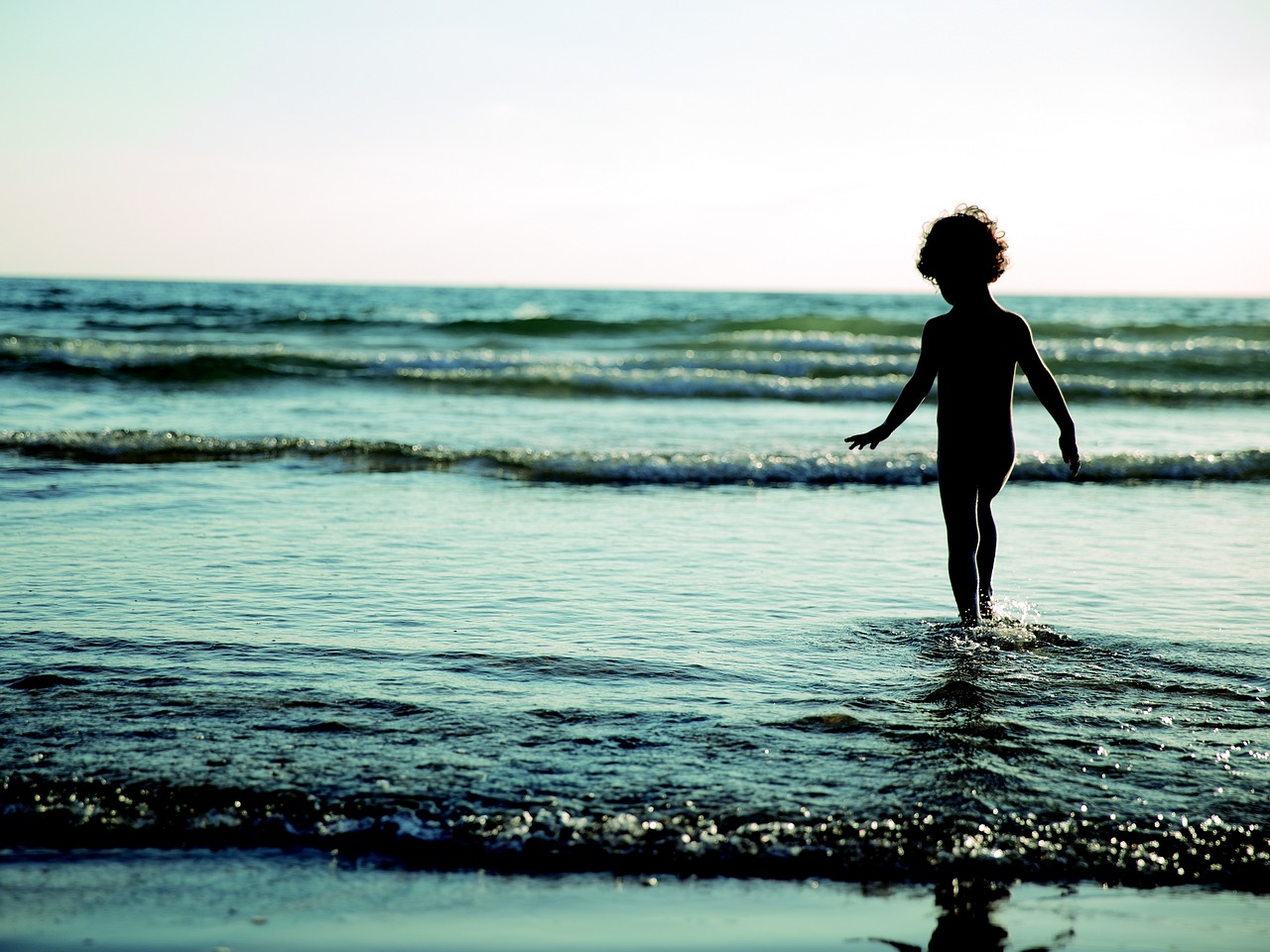
Holiday Sleep Survival Guide: Making Travel Easier with Your Little Ones
Heading off on holiday with your little ones? It can feel like a big undertaking, but with a few smart strategies, you can make the travel day smoother and hopefully enjoy some decent sleep while you're away.
We all know that travel can sometimes knock little ones off their usual sleep routines, whether it's a short journey or a longer one. So, try to be kind to yourself and accept that things might be a little different for a while. And if you're lucky enough to be heading to a different time zone where bedtime might naturally fall a bit later, you can definitely see that as a potential bonus!
My Top Tips for a Simpler Travel Day:
Entertainment: Having some engaging toys and activities for the journey can really help keep little ones occupied and prevent boredom, whether you're in the car, on a train, or on a plane. Think about packing some lightweight toys they haven't seen in a while – novelty can be a great distraction! For older children, audio books or their favorite music can also be good options. Just remember to switch off screens as you get closer to their usual sleep time.
Snacks: It's always a good idea to have plenty of snacks packed, as travel can sometimes involve unexpected delays. If you're flying, do check the rules about liquids in hand luggage, especially for baby formula and milk, although most airlines are usually understanding about these. A little tip for flying with babies: packing spare outfits in clear bags so you can see what you are grabbing, can make quick changes much easier in tight spaces.
Sleep on the Go: If your little one falls asleep during travel, even if it's not their usual nap time, it's OK to just let them. The motion and the general background noise can sometimes be quite soothing. Just remember that their routine will likely settle back down once you arrive at your destination. Stay calm and flexible and roll with it, as this will make your travel day less stressful and everyone will benefit.
Navigating Time Zones:
When you arrive in a different time zone and you want to transition to local time at your new destination, it is best to adjust your little one's schedule to the local time as soon as possible. Whether it's a couple of hours' difference or more, sticking to the local meal times and bedtimes will help their body clock adjust more quickly. Similarly, when you return home, try to get back into your usual routine straight away. There might be a bit of jet lag, but it usually only takes a few days to get back to normal.
However, should you be somewhere that does not have a huge time difference, and it works better for you to continue using UK time, as it means you may get more time in the evening or later mornings, then you can just do nothing and continue as if you were still in UK time.
Creating a Familiar Sleep Environment:
Making their temporary sleep space feel as much like home as possible can really help, especially for younger children and babies. If they're sharing a room with you when they usually have their own space, that's okay. Here are some things you might want to take with you:
Their favorite comforter or teddy.
A night light if they use one at home.
Their wake-up clock if it's part of their routine.
Their own sheets and pillowcase (unwashed if possible, to keep the familiar scent).
Familiar bedtime stories and bath toys.
A sleep bag suitable for the weather.
A baby monitor.
A sleep shade for the pushchair (which can also help with sun and insects).
A travel blackout blind, which can be really useful if the curtains aren't very good where you're staying and there is lots of bright sunshine. You can find good portable ones like this Portable Blackout Blind: Sleeptight™ Portable Blackout Blind | Tommee Tippee
Do check that the cot or bed provided is safe, and it's a good idea to pack some antibacterial wipes for the surfaces.
To help your child smoothly transition into a new environment, follow the same bedtime routine as you do at home (same steps, same order) to help give them a feeling of familiarity, even if it means reading books in the bedroom but then letting them fall asleep in the pram while you have dinner. The familiar steps leading up to bedtime will also act as important sleep cues.
With a bit of planning and a relaxed approach, you can definitely make travel with young children more manageable and still enjoy a restful holiday.
Looking for more personalised advice about your child's sleep, lets have a chat. Schedule a time in my calendar HERE.

